Extra money for the NHS promised by the Scottish Government can’t come soon enough for Dunfermline-raised GP Gavin Francis.
The leading Scottish physician and author of ten books about travel and medicine believes the National Health Service is struggling to cope with today’s demands because it has been chronically underfunded for more than a decade.
Yet while many might suggest it is time to scrap the free universal health system in favour of an alternative model of healthcare, he believes the NHS is worth saving.
And the former Queen Anne High School pupil tells me exactly why during our phone interview.
Dr Francis shares what the NHS was like when he began his career, why it is in crisis and what he feels can be done to improve the system.
His comments come following the approval of the Scottish Government budget for 2025-26 which promises an extra £2bn for the NHS.
What sparked Dr Francis’ interest in medicine?
Born in Ayrshire, Dr Francis moved to Dunfermline in Fife with his family at the age of two.
The 49-year-old tells me he attended Queen Anne High School.
But he reveals it wasn’t medicine he was interested in as a potential career when he was young.
“I used to want to be a geographer and wanted to make maps” he says.
“And then when I was 15 I was given an atlas of anatomy and I just loved it.
“So I decided I would go and study medicine so that I could learn all about the body.”
First job at a hospital in Dunfermline
Dr Francis went on to study medicine at Edinburgh University and qualified in 1999, after first studying Neuroscience.
And his first job after graduating, was working as a junior house officer for a year at Queen Margaret Hospital, Dunfermline.
He tells me about his memories of those early days working in healthcare.
“It was very, very busy,” he recalls.
“These were the bad old days when you worked 90-100 hour weeks.
“But I learned a huge amount and I had really nice colleagues.
“At the end of that year I went straight to working in A&E at the old Royal Infirmary in Edinburgh.”
After that he spent the next decade working as a junior doctor and travelling.
He explored some of the wildest parts of the world, motorbiking across Asia to New Zealand and working for the British Antarctic Survey.
Later, Dr Francis ended up employed as a GP in Edinburgh for 13 years.
Today he works part-time as a GP On the Isle of Mull and Iona while also teaching medicine part-time at Edinburgh University.
Years of ‘sustained’ NHS underfunding
Having written a book on why he believes the NHS is worth saving (Free For All) – not to mention his 26 years experience working as a physician – the acclaimed author is well-equipped to offer his insight into why the NHS is in crisis.
“It is the result of years of sustained underfunding,” he says.
“We have a population now that’s living longer, which is a brilliant cause for celebration.
“But there is no doubt that with an older population comes frailty and frailty is expensive for healthcare services.”
He says more funding, resource and support is desperately needed to safeguard the future of the NHS.
“There is no doubt that since 2010, the NHS has been under sustained attack on its funding compared to what it needs.
“We have got a budget health service and we are getting budget results.”
More resource for community healthcare
Dr Francis argues that one way to help ease the pressure is to deliver more funding in general practice and community healthcare.
“We currently have a more hospital-focused funding model for the NHS,” he explains.
“But as hospital medicine has got more complicated and more expensive, much treatment and follow-up have been pushed out of the hospital and into the community.
“Yet the resource has not followed that at all.
“GPs and community health services see around 90 per cent of patients.
“But only receive about nine per cent of the available funding.
“But research has shown if you have a good relationship with a named GP and you can get a non-urgent appointment to see them, then you have a 25 to 30 per cent lower risk of being admitted to hospital, of using out-of-hours services and you live longer.”
There are many more demands on today’s GPs.
But Dr Francis says the resource isn’t there to support workloads properly.
This is particularly the case when it involves patients with mental health issues.
“Around a third of general practice consultations concern some element of mental health,” he says.
“But because there has been a systematic and sustained underfunding of mental health services, the specialists are largely dealing with the very extreme end of the spectrum along with enduring mental health problems.
“While the more common mental health issues are dealt with in general practice.
“But GPs just don’t have the time to deal with them thoroughly.
“You can’t deal with a mental health problem in 10 minutes. It’s just not possible.”
Increase funding for GPs
Dr Francis thinks there needs to be a way to fund general practice better.
And he also believes the environment in which people can access social care also has to be improved.
“As a GP for example you might see someone who is elderly and frail who lives on their own,” he explains.
“They might just have a simple urine infection which can be easily treated.
“But for two or three days they aren’t able to manage by themselves.
“At the moment there is no option other than to admit them to hospital.”
Dr Francis says GPs also can’t get urgent access to support from social care.
“It’s not enough to be able to send a doctor or nurse to the patient’s house, as part of Hospital at home, to start treatment and avoid hospital.
“We also need to be able to, at short notice, arrange for three or four carer visits a day to help that elderly patient stay safe.
“And just now there is no capacity for that.”
‘The NHS can be saved’
Despite the ongoing challenges, Dr Francis believes the NHS is worth saving.
“The principles on which the NHS was founded are still widely revered.
“That is good-quality healthcare for all, provided by everybody, for everybody.
“And I’m hopeful that our powers that be will wake up to what has happened to the NHS over the last 14/15 years and take steps to redress it.
“We have got access to this amazing technology, wonderful infrastructure already in place that’s fallen by a little bit in terms of its maintenance.
“But that can be fixed.
“So the idea that we need to rub out the NHS and start again from scratch is going to be phenomenally more expensive than just doing the repair work and the investment needed to keep our current model going.”
The dad-of-three adds: “There is no doubt the last few years I have seen it get harder to do the job the way I was trained to do it.
“But I still very much love my job working as a GP.
“Every day you get to chat to lots of different people.
“And you use your experience and training to make them feel better.
“You can’t ask for better than that.”
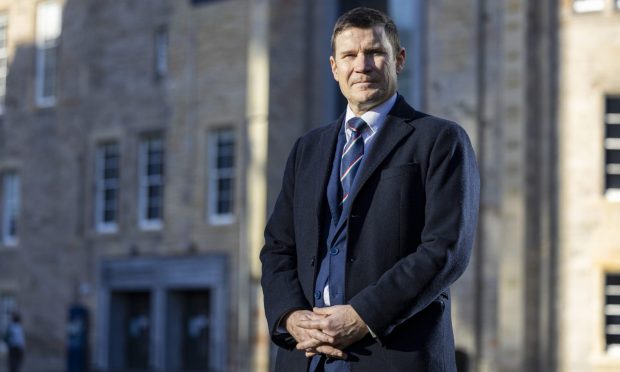
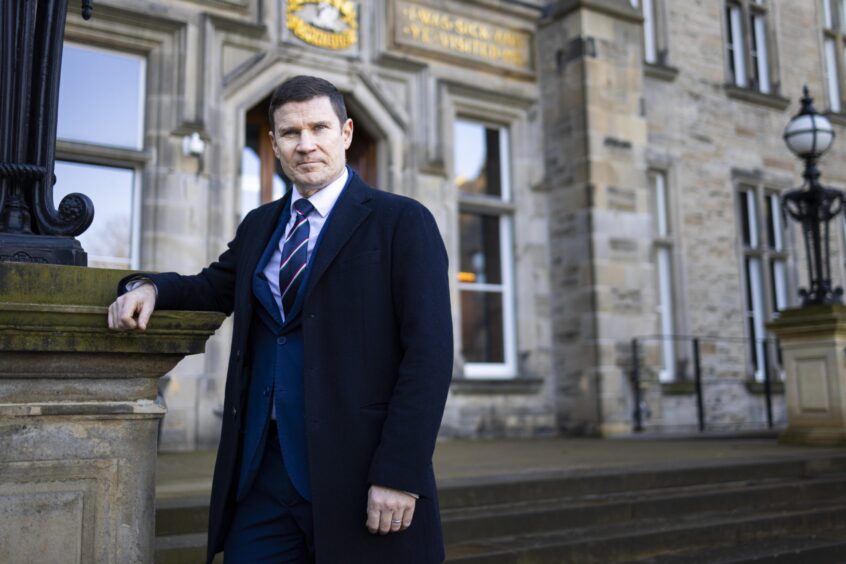

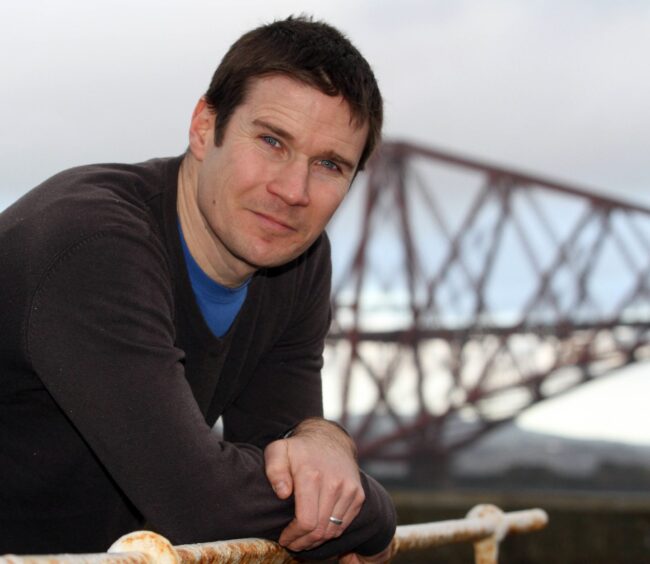
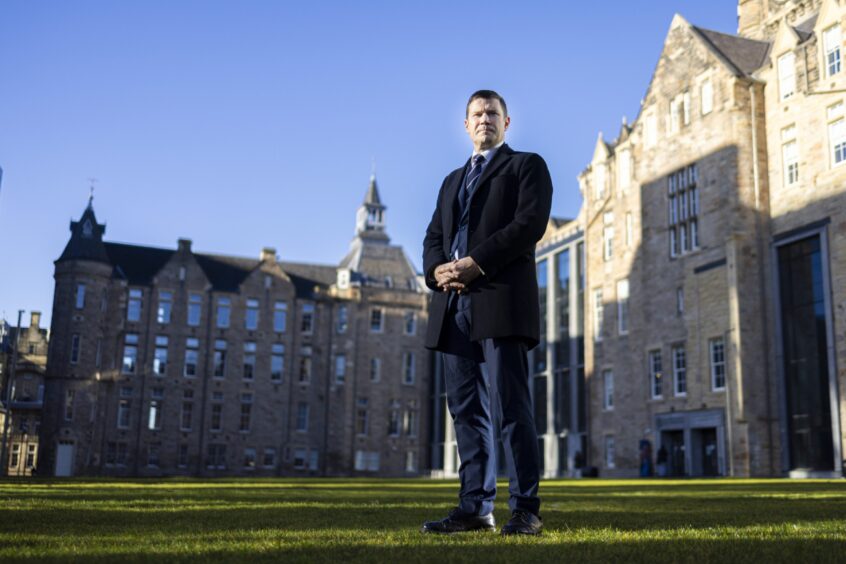



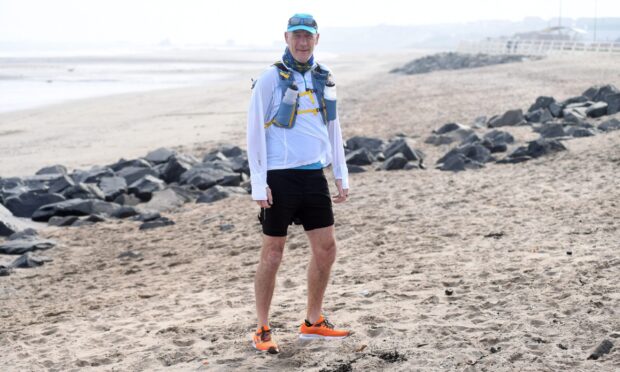
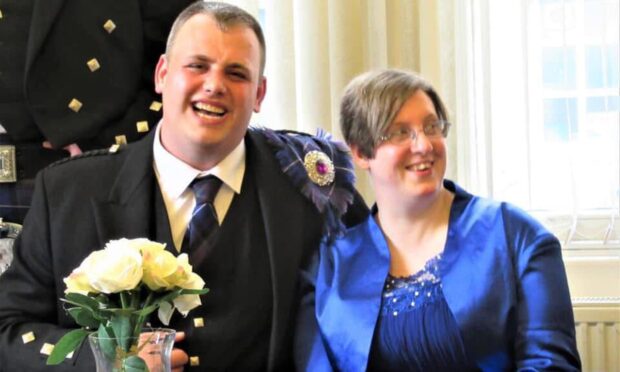
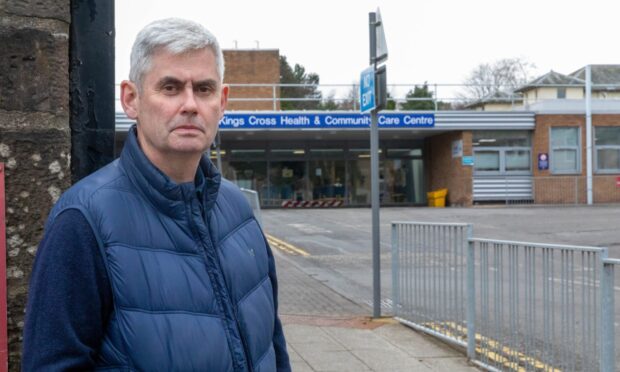
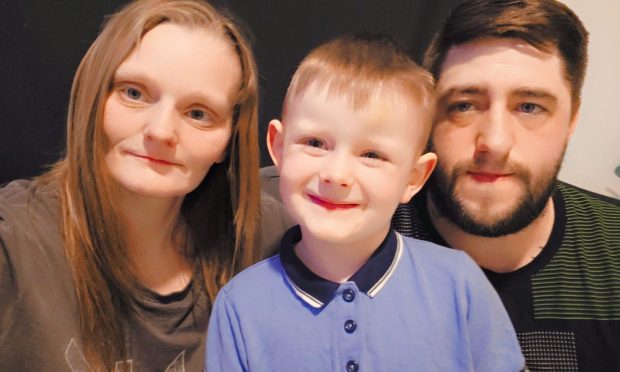
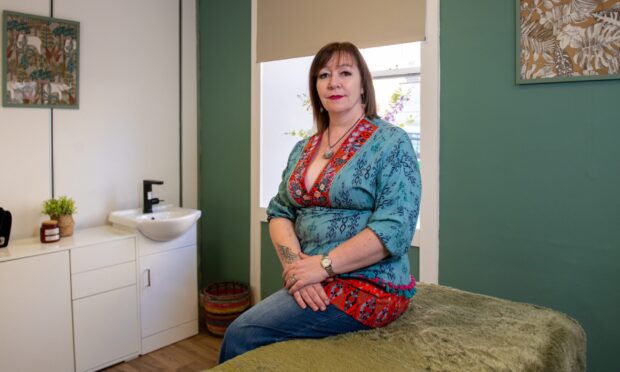
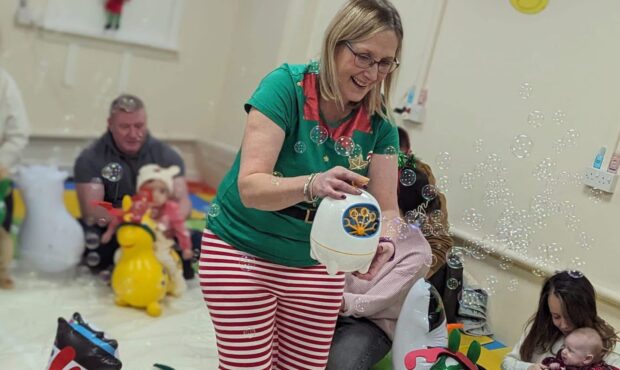

Conversation